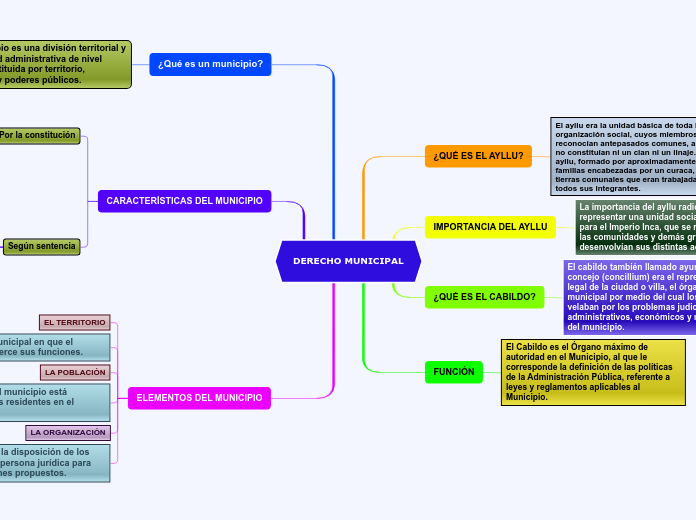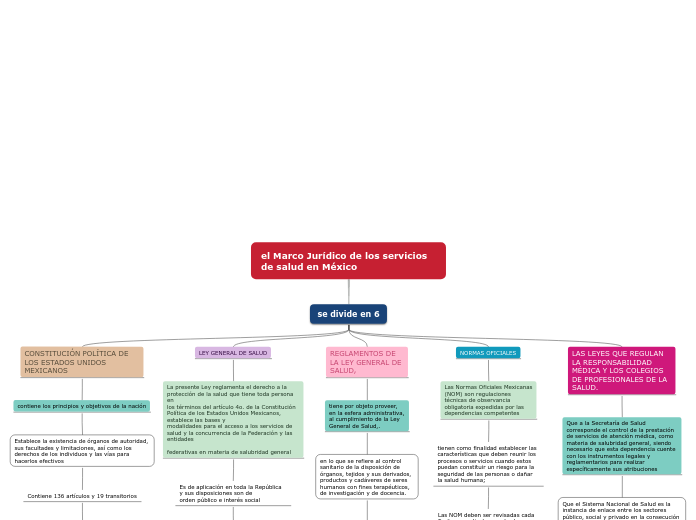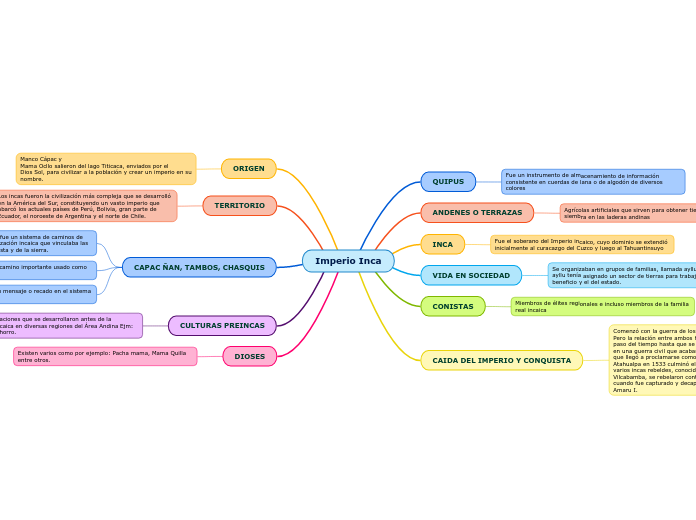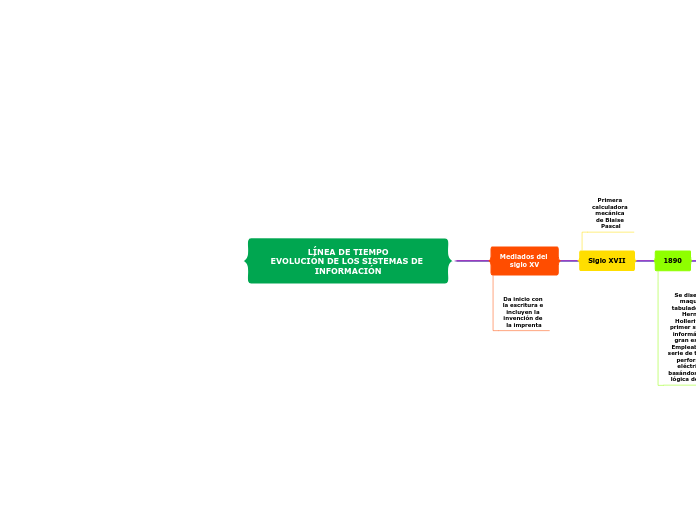DERECHO MUNICIPAL
The part of speech is a category to which a word is assigned according to its syntactic functions. In English the main parts of speech are noun, pronoun, adjective, determiner, verb, adverb, preposition, conjunction, and interjection.
ELEMENTOS DEL MUNICIPIO
A preposition is one of the most exciting parts of grammar. A preposition is used to describe the location of something in relation to something else.
organización es la disposición de los órganos de una persona jurídica para conseguir los fines propuestos.
LA ORGANIZACIÓN
A group of words used with the force of a single preposition is called phrase preposition.
La población del municipio está integrada por los residentes en el mismo.
Participle preposition consists of words that end in “ing”.
LA POBLACIÓN
When a preposition consists of more than one word, it is called double preposition.
Es el término municipal en que el ayuntamiento ejerce sus funciones.
Compound preposition consists of two or more words.
EL TERRITORIO
When a preposition consists of one word it is called single or simple preposition.
CARACTERÍSTICAS DEL MUNICIPIO
An adverb is used to describe a verb, but it can also describe an adjective or another adverb.
Adverbs normally help paint a fuller picture by describing how something happens.
Según sentencia
Es de carácter administrativo no político.
Es el derecho de la comunidad local a participar a través de órganos propios, en el gobierno y administración de cuantos asuntos les atañe.
Se garantiza en función del respectivo interés.
No es soberanía.
Por la constitución
·Poseen personalidad jurídica plena de derecho público.
·Gozan de autonomía para la gestión de sus intereses.
·Son entidades territoriales básicas.
¿Qué es un municipio?
A numeral is a word or phrase that describes a numerical quantity.
Some theories of grammar use the word 'numeral' to refer to cardinal numbers that act as a determiner to specify the quantity of a noun, for example the 'two' in 'two hats'.
Un municipio es una división territorial y una entidad administrativa de nivel local, constituida por territorio, población y poderes públicos.
FUNCIÓN
A pronoun is a word that can be used in place of a noun, typically after the noun itself has already been stated.
El Cabildo es el Órgano máximo de autoridad en el Municipio, al que le corresponde la definición de las políticas de la Administración Pública, referente a leyes y reglamentos aplicables al Municipio.
The personal pronouns are I, you, he, she, it, we, they. More often than not (but certainly not always), they replace nouns representing people.
¿QUÉ ES EL CABILDO?
An adjective is a word that's used to describe a specific noun and to provide more detail to the listener.
El cabildo también llamado ayuntamiento o concejo (concillium) era el representante legal de la ciudad o villa, el órgano municipal por medio del cual los vecinos velaban por los problemas judiciales, administrativos, económicos y militares del municipio.
Expresses a comparison between two entities or groups of entities in quality or degree.
IMPORTANCIA DEL AYLLU
A noun is defined as a person, place, thing or idea. Proper nouns always begin with a capital letter. Common nouns, which are general words, such as 'cars,' are not capitalized.
La importancia del ayllu radica en representar una unidad social y económica para el Imperio Inca, que se reflejaba en las comunidades y demás grupos que desenvolvían sus distintas actividades.
Proper nouns are the names of specific people or places. They should always begin with a capital letter.
¿QUÉ ES EL AYLLU?
A verb is an action word or 'doing' word that signifies movement in some way.
El ayllu era la unidad básica de toda la organización social, cuyos miembros reconocían antepasados comunes, aunque no constituían ni un clan ni un linaje. Cada ayllu, formado por aproximadamente cien familias encabezadas por un curaca, poseía tierras comunales que eran trabajadas por todos sus integrantes.
A verb with its own meaning: a verb that is not an auxiliary verb.









